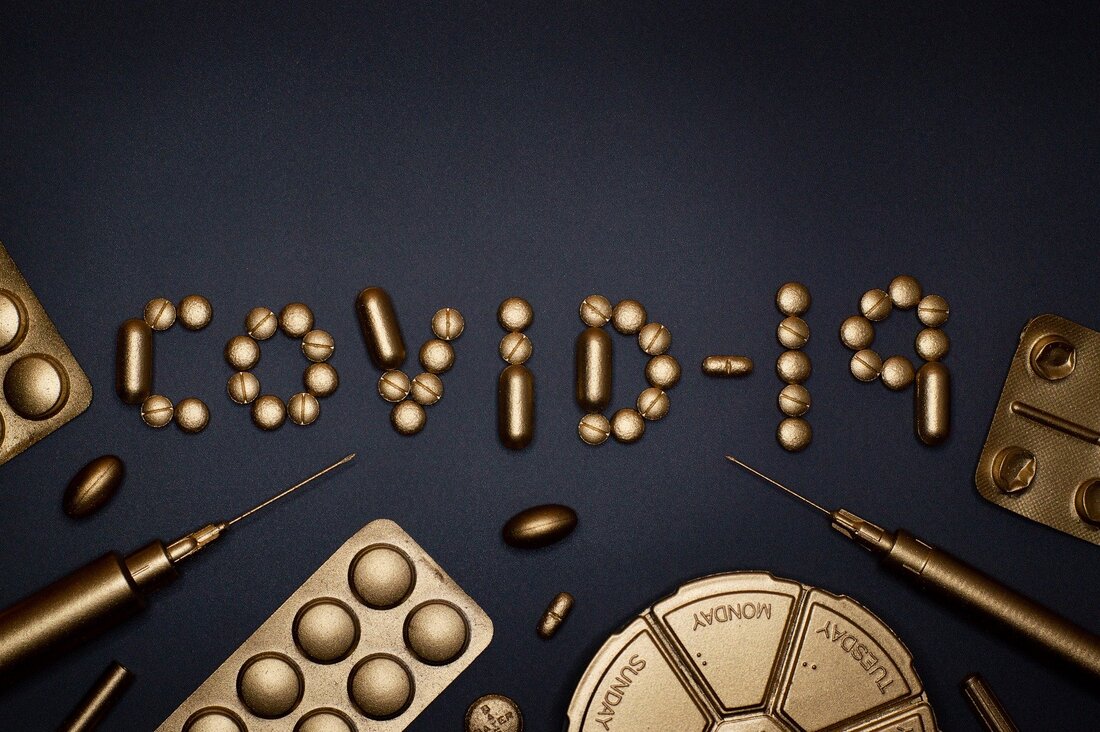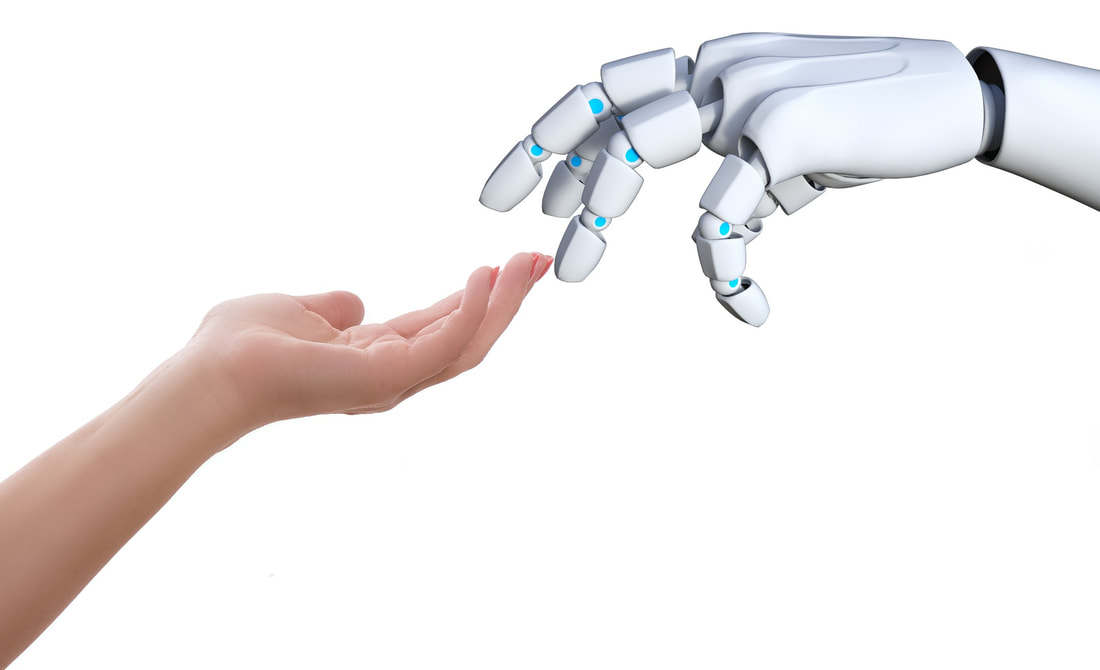|
Image by Miguel Á. Padriñán from Pixabay This is an update for various patent offices as a result of the coronavirus pandemic (updates received and provided by Morningside IP). These updates are current as of March 26.
Canada - The Canadian Intellectual Property Office will provide an extension to April 1 for all deadlines falling between March 16 and March 31 that were effected by COVID-19. For deadlines falling after April 1, extensions can be obtained upon request. EPO - The European Patent Office has issued a general deadline extension to April 17 that applies to all EPO-specific deadlines expiring on or after March 15. The extension covers all deadlines of EP applications pending before the EPO, including office action deadlines. India - Due to national lockdown, India’s Office of the Controller General of Patents, Designs and Trademarks will remain closed for a period of 21 days effective from March 25. As a result, due dates falling during this period of closure will be delayed until the date on which the office reopens (April 15). Delayed due dates will be applied to completion of various acts/proceedings, filing of any reply/document, and payment of fees. Israel - The Israel Patent Office said it is likely to grant extensions where applicants can demonstrate that circumstances relating to the Corona epidemic resulted in an inability to meet ILPO deadlines. In order to allow applicants time to submit extension requests, no files will be closed before May 1 for failure to answer ILPO correspondence. Italy - The Italian Intellectual Property Office announced that any certificates and IP titles expiring between January 31 and April 15 will remain valid until June 15 (this does not apply to international trademark applications). Mexico - The Mexican Institute of Industrial Property, as well as all the courts, will remain closed to the public, suspending and extending all terms at least until April 20. Therefore, all deadlines will be moved to April 20th when applications/responses can be filed before IMPI. South Africa - Due to national lockdown, the South African Companies and Intellectual Property Commission will be closed through April 16, including online systems. Deadlines for filing Annual Returns between March 25 and April 15 will be automatically extended until April 30. South Korea - The Korean Intellectual Property Office will grant an automatic deadline extension for applicants who have failed to comply with the statutory time limits for submitting documents or paying fees to KIPO, for any reasons relating to the coronavirus. Affected applicants will be asked to submit a relief measure request or a statement of payment, together with an explanatory statement and evidential materials. Thailand - The Thailand Department of Intellectual Property is implementing a grace period that will extend the usual deadlines for anyone who is directly affected by COVID-19. The grace period will apply to all IP-related prosecution processes, including deadlines related to applications, oppositions, registrations, office actions or any payment. United Kingdom - According to the UK Intellectual Property Office, all physical hearings are cancelled until June 1 (this date will be kept under review). Rescheduled hearing dates will be communicated by the UKIPO over the next few days. USA - The United States Patent and Trademark Office will waive the requirement for an original handwritten ink signature for certain documents and payments. Copies of signatures will be accepted in both instances. Here is a list of some of the national and regional Patent Offices that are physically closed to the public, though the majority are maintaining online services: Australia Benelux Brazil Chile Finland France Germany Ireland Israel Kazakhstan Libya Malaysia Mexico Moldova Norway Philippines Portugal San Marino Saudi Arabia Slovakia South Africa Please note that many patent offices are operating at a reduced staff level, so delays are to be expected.
1 Comment
We currently have an open position for a Project Intermediate Manager that would support efforts for the Michigan-Pittsburgh-Wyss Regenerative Medicine Resource Center and the recent Biosciences Initiative award in “Engineering Cell Programmable Biomaterials for Dental and Musculoskeletal Health”. I think this would be a great fit for a recent graduate/ postdoc in the biomedical/ health sciences that may be looking for more of a research administration/ project management position.
The direct link to the job posting can be found here: https://careers.umich.edu/job_detail/185099/project_intermediate_manager Machines are now capable of independent innovation, but should a machine be named as the inventor? Machines do not have legal personalities but does the public have the right to know who (or what) actually conceived of the invention?
Why it matters: According to an article published in Artificial Intelligence Technology and The Law, there has been a steady increase from 2008 to 2017 in issued patents in fields such as artificial intelligence, neural networks, and machine learning. It’s easy to fathom that this trend will continue and likely exhibit increasing complexity while requiring less human input into the resultant innovation. The big picture: The United States Patent and Trademark Office in the Manual of Patent Examining Procedure states that "The threshold question in determining inventorship is who conceived the invention. Unless a person contributes to the conception of the invention, he is not an inventor.” • A machine named DABUS was recently listed as the inventor on two European patent applications EP18275174.3 and EP18275163.6. In both cases, during appeal, the application was rejected for failing to designate an inventor in compliance with the European Patent Convention. These decisions raise a few questions: 1. In the absence of machine legal personality, should a company or an otherwise owner of the machine be listed as the inventor? If yes, does listing the owner of the machine (as opposed to the actual machine) as the inventor truly comply with the rule of the various patent offices? 2. In a world where machines can be listed as inventors, how do we prevent companies from listing the machine (potentially easier legally because more “control”) and bypassing a true human inventor? 3. What do the frameworks look like for determining machine inventorship? • There is huge upside for machine-driven innovation in fields such as drug discovery, pathology, diagnostics, and big data analytics. However, at least for drug discovery and related disciplines, human intervention in the innovation process remains critical for identifying synthesizable, efficacious, and safe compounds. The bottom line: So at least for the time being, the answer to this question while important, lacks urgency and depends on more thought and information. Go deeper: The Artificial Inventor Project |
Ashley Sloat, Ph.D.Startups have a unique set of patent strategy needs - so let this blog be a resource to you as you embark on your patent strategy journey. Archives
July 2024
Categories |



 RSS Feed
RSS Feed